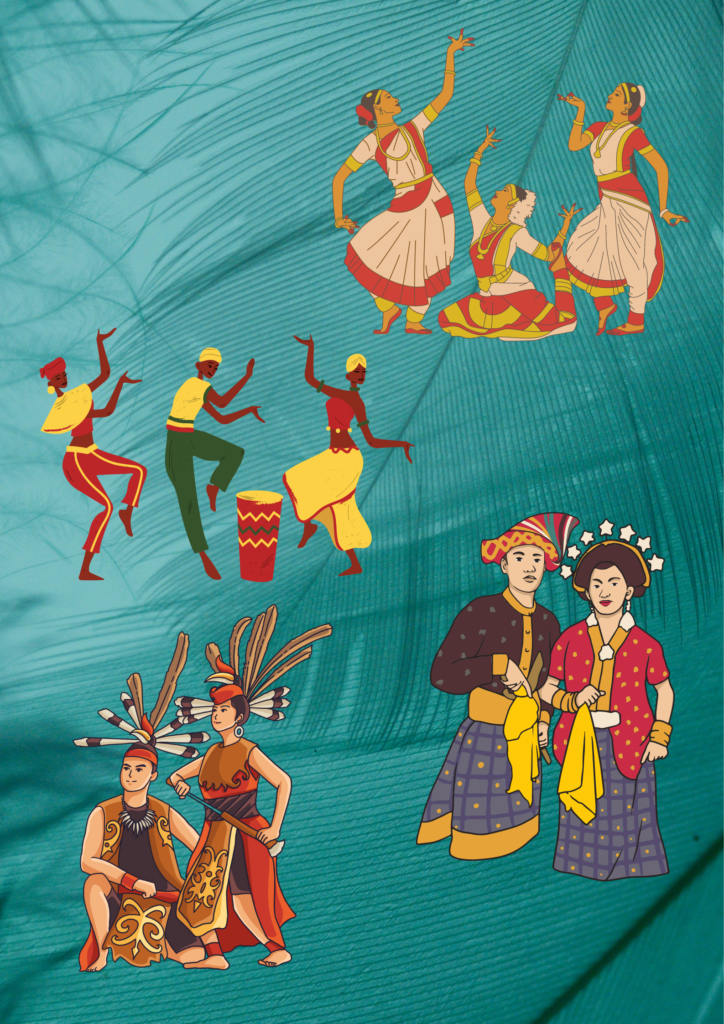The Enduring Significance of Tradition Across the Globe

The Foundation of Societies
Traditions, the cultural practices and beliefs passed down through generations, form the bedrock of societies worldwide. They provide a sense of identity, connection, and continuity, shaping how people live, interact, and perceive the world. While the significance of tradition varies across different cultures and regions, its underlying importance remains universal.
Preserving Cultural Heritage
In many parts of the world, traditions play a crucial role in preserving cultural heritage. Rituals, ceremonies, and customs transmit knowledge, values, and stories from one generation to the next. These traditions often reflect the unique history, experiences, and beliefs of a particular community.
Shaping Social Structures and Relationships
Beyond their cultural significance, traditions shape social structures and relationships. They define roles, responsibilities, and expectations within families and communities. Traditional customs govern marriage, childbirth, and death rituals, helping to maintain social cohesion and provide a sense of belonging.
Impact on Individuals
Traditions can have a profound impact on individuals’ lives. They offer comfort, stability, and a sense of purpose. By participating in traditional practices, people can connect with their ancestors and feel a part of something larger than themselves. This can be particularly important during times of transition or uncertainty.
Challenges of Modernization
The significance of tradition is not without its challenges. In today’s rapidly globalizing world, traditional practices often face the pressures of modernization and Westernization. This can lead to conflicts between tradition and modernity, as people struggle to balance their cultural heritage with the demands of the contemporary world.
The Importance of Preservation
In conclusion, traditions are an essential part of human culture, providing a sense of identity, connection, and continuity. While their significance may vary across different regions, they continue to play a vital role in shaping societies and individuals’ lives. As the world becomes increasingly interconnected, it is important to recognize the value of tradition and work to preserve it for future generations.




















